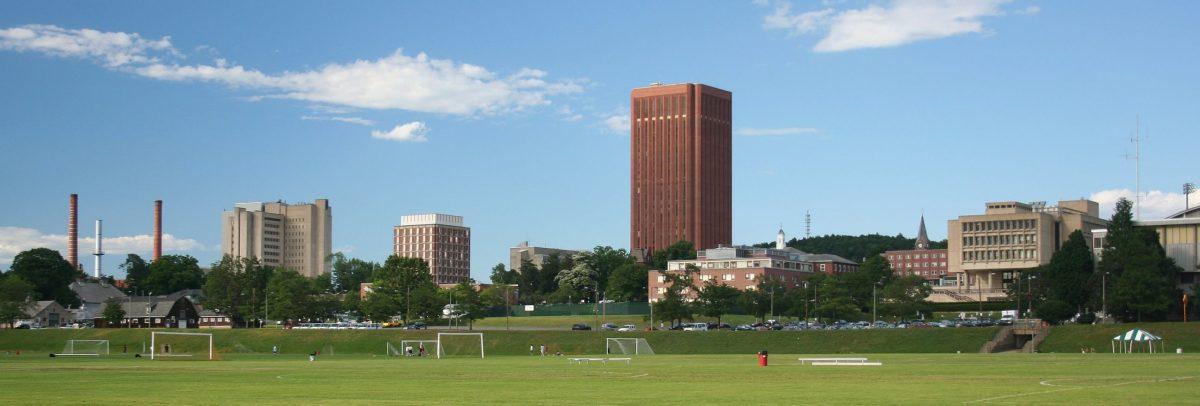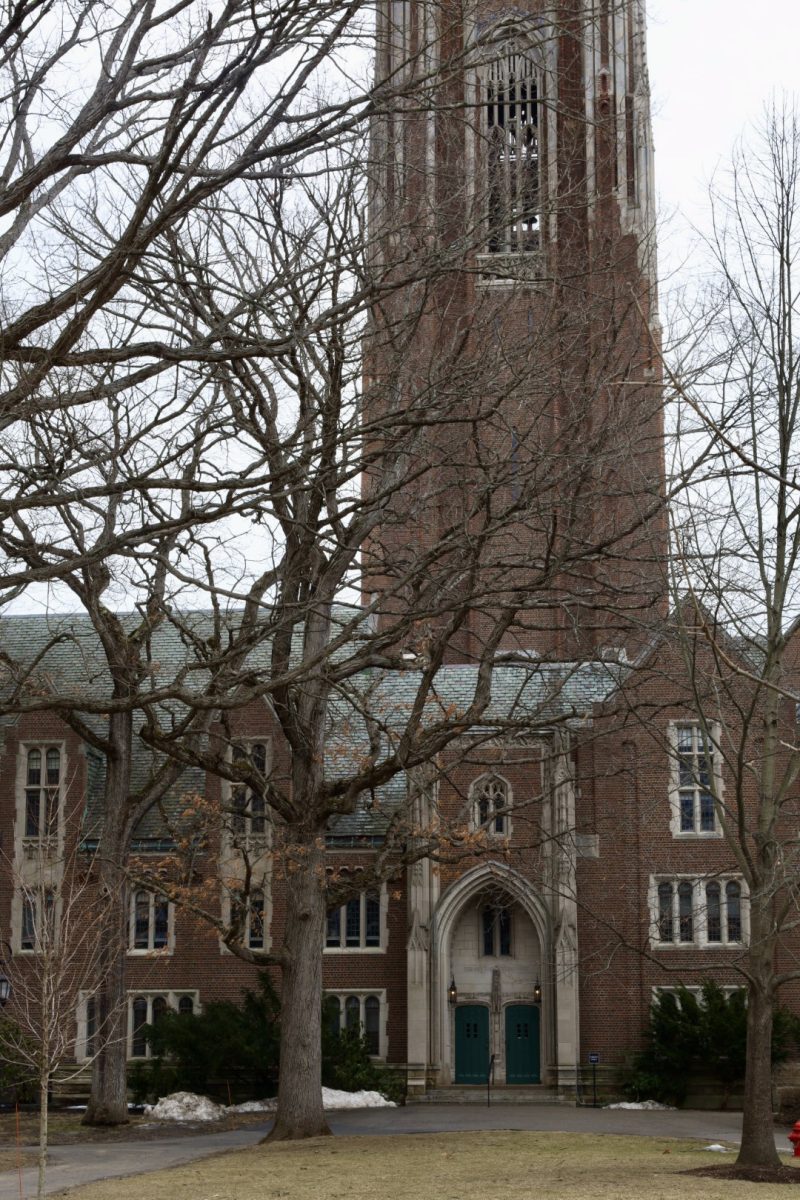CONTENT WARNING: This article mentions acts of racism.
During the week of Sept. 25, a series of anonymous racist emails were sent out to Black student organizations at the University of Massachusetts, Amherst. According to WWLP, the letter stated that African American student groups on campus should “consider doing the human race a favor and getting sterilized.” As described by Wellesley’s Office of Equity and Inclusion, the contents of the emails sent to Black students were “vile, blatantly racist and violently offensive.”
With this incident not being the first time Black students faced racial discrimination in the community, Ada Eke ’23 was not surprised when they found out about the recent racist email case.
“When I found out about this through my friend who goes to UMass Amherst, it was truly disappointing, but not necessarily surprising,” Eke said. “The news of the racist email was not expected, but not outside the possibility. My heart hurts for the students of color who go there because it is a stressful environment to be in where there are people who would harm you for something that you cannot control.”
Prior to the email, multiple anti-Black racist incidents have been reported on the University’s campus through the “Contact Us” online forms of student organizations, including a group of people yelling out anti-Black racist epithets as they drove by a group of Black students. The UMass Black Student Union, on their Instagram page, said that they are “hurt” and “tired” of being continuously discriminated against for their race. Daisy Appiah-Kubi ’25 commented on how these events have a high chance of occurring again as biases remain in society despite protests and legislation.
“As a society, many times when big protests go on, we immediately feel that progress has been made after, but we forget that legislation does not mean that embedded biases in society are immediately eliminated,” Appiah-Kubi said. “A law doesn’t do much to affect that person’s perspective since people are more influenced by their family background and society. These incidents unfortunately have the possibility of continuing to happen because everyone has their own biases, and it’s very difficult to change them.”
UMass Amherst announced that they have hired a cybersecurity firm, and have the University of Massachusetts Police Department and University of Massachusetts Information Technology working together to investigate the source of this email. However, the UMass Black Student Union voiced out on their Instagram post how “it took the university almost a month from the initial anti-Black racist incidents to acknowledge these instances.”
“A lot of schools make numerous committees to fight against discrimination students considered as minorities may face, but nothing actually seems to get done because nobody would want to admit the racist side of themselves or the biased views they hold,” Eke said. “I feel that this is a big hurdle in order to overcome such problems.”
With hopes for the community to become more responsive to these incidents, Jada Onwuta ’24 expressed what she would like to see in the future to prevent further discrimination against minorities.
“Many say that racism is in the past, but obviously there are still many sentiments going around here,” Onwuta said. “Wording matters very much when addressing such issues so that people are clearly aware that problems surrounding race are not over. Hopefully, university communities can be more explicit if anything like this unfortunately happens, not only to Black students, but also other minorities, such as Latinx and Asian students.”






